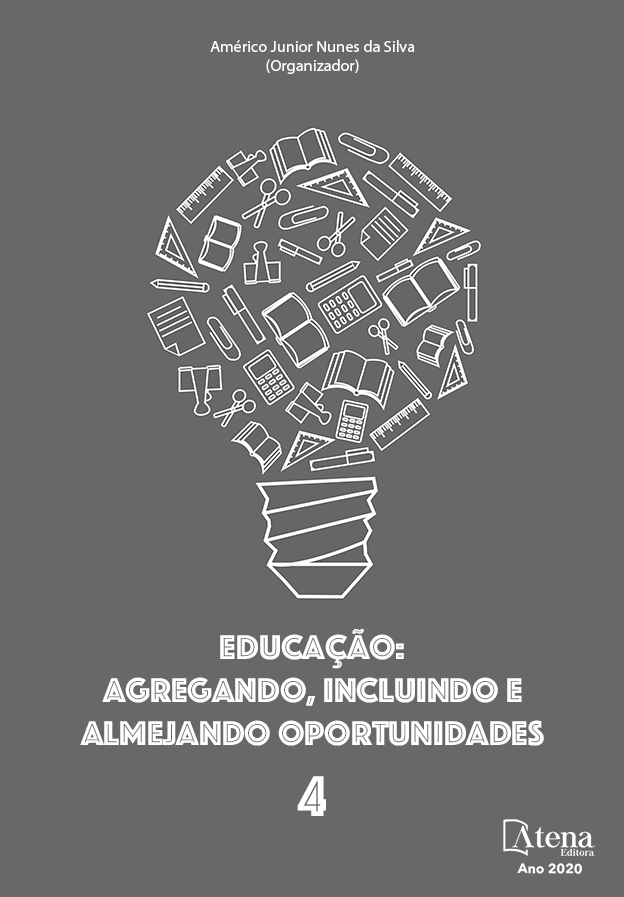
GAMIFICAÇÃO NA EDUCAÇÃO: O QUE PODE A ESCOLA APRENDER COM OS GAMES?
As crianças e jovens contemporâneos já nasceram inseridos na cultura dos games e têm dedicado cada vez mais horas diárias aos mesmos. Hoje corremos o risco real de perder gerações para o mundo dos jogos virtuais. Como este parece ser um movimento irreversível, alguns pesquisadores buscaram compreender cientificamente dois fenômenos: como os jogos funcionam e como o cérebro humano funciona durante a atividade do jogo. A partir de teorias da psicologia positiva, que estudam cientificamente a felicidade, percebeu-se que os jogos suprem necessidades genuinamente humanas. A partir destes resultados surgiu a gamificação, que, por definição, significa utilizar os elementos de game (mundo virtual) em ambientes não game (mundo real), recebendo recompensas reais e desejáveis. Estudos científicos indicam que, aplicada à educação, a gamificação contribui para motivação dos estudantes na realização das atividades propostas e, consequentemente, para a aprendizagem dos mesmos. Dito isto, apresentamos a seguinte problemática: A gamificação motiva os estudantes a envolverem-se nas atividades escolares? Face a esta questão, delineamos o seguinte objetivo: Relacionar as teorias de games, gamificação, psicologia positiva e motivação. Neste trabalho, usaremos como metodologia a abordagem teórica que se refere à pesquisa bibliográfica em questão. No decurso desta investigação, tivemos fortes indícios de que, aplicada à educação, a gamificação traz resultados como maior motivação intrínseca, concentração e foco, autonomia e responsabilidade pela própria aprendizagem, disciplina, personalização e resiliência.
GAMIFICAÇÃO NA EDUCAÇÃO: O QUE PODE A ESCOLA APRENDER COM OS GAMES?
-
DOI: 10.22533/at.ed.15320230910
-
Palavras-chave: Gamificação, Motivação, Educação, Game, Psicologia Positiva
-
Keywords: Gamification, Motivation, Education, Game, Positive Psychology
-
Abstract:
Contemporary children and young people were born inserted in the culture of digital games and have dedicated more and more hours daily to them. Today we run the real risk of losing generations to the world of virtual games. Certain that this is an irreversible movement, some researchers have sought to scientifically understand two phenomena: how games work and how the human brain works during game activity. Based on theories of positive psychology, which study happiness scientifically, it was realized that games supply genuinely human needs. From these results came the gamification, which, by definition, means using the elements of game (virtual world) in non-game environments (real world), receiving real and desirable rewards. Scientific studies indicate that, when applied to education, gamification contributes to students' motivation to carry out the proposed activities and, consequently, to their learning. That said, we present the following problem: Does gamification motivate students to get involved in school activities? In view of this issue, we outline the following objective: To relate game theories, gamification, positive psychology and motivation. In this work, we will use as methodology the theoretical approach that refers to the bibliographic research in question. In the course of this investigation, we had strong indications that, applied to education, gamification brings results such as greater concentration and focus, autonomy and responsibility for learning, intrinsic motivation, personalization and resilience.
-
Número de páginas: 17
- Renata da Graça Aranha Boiteux


